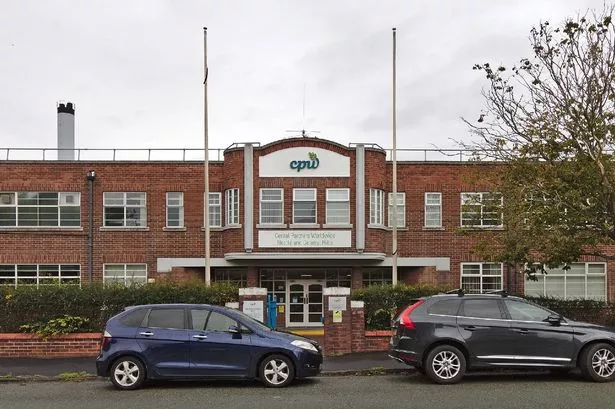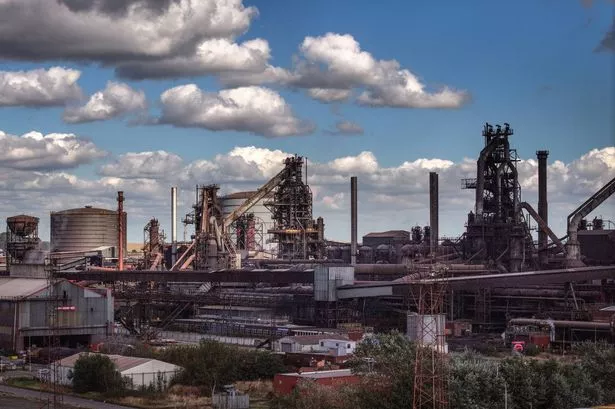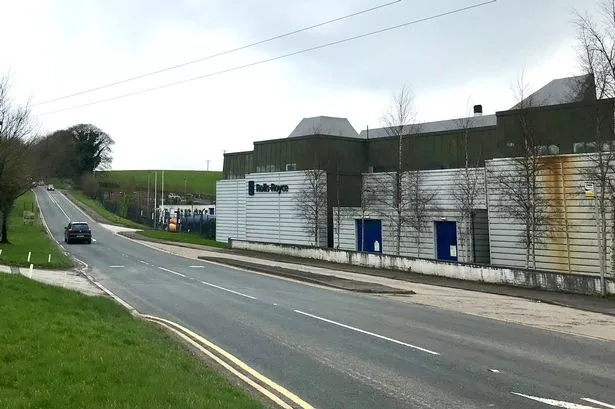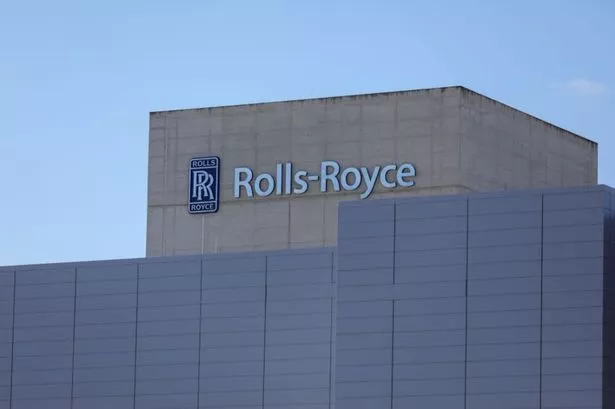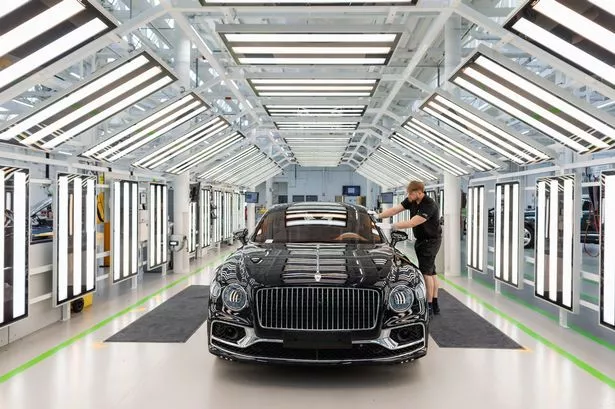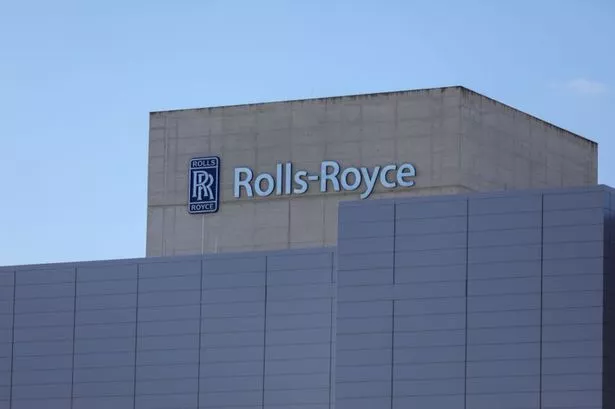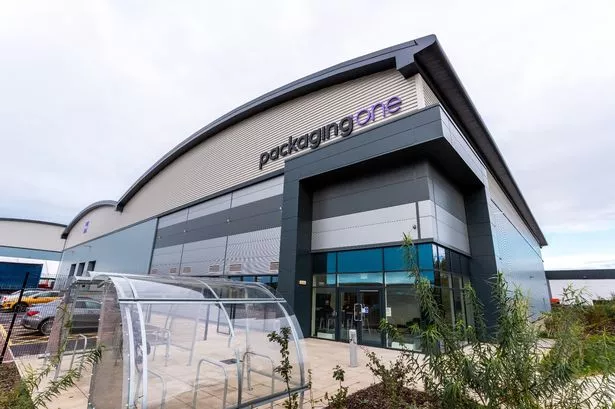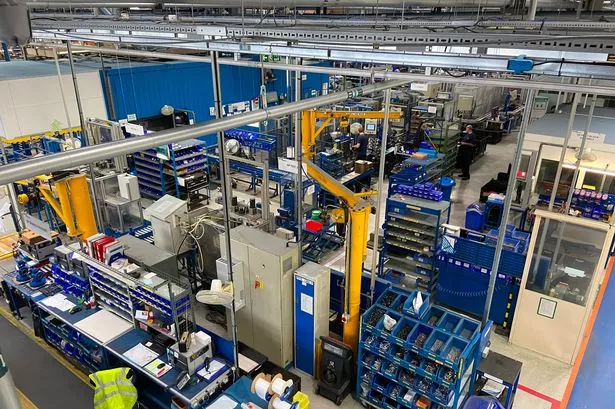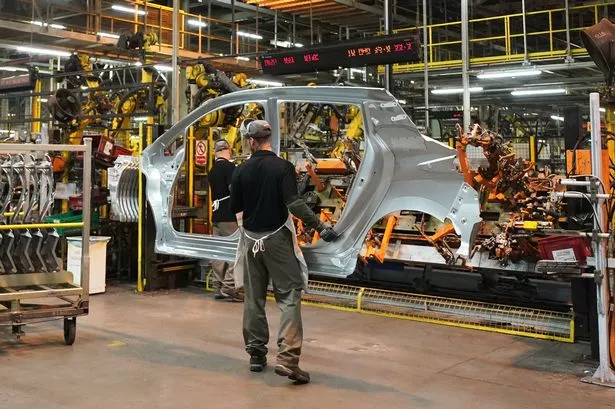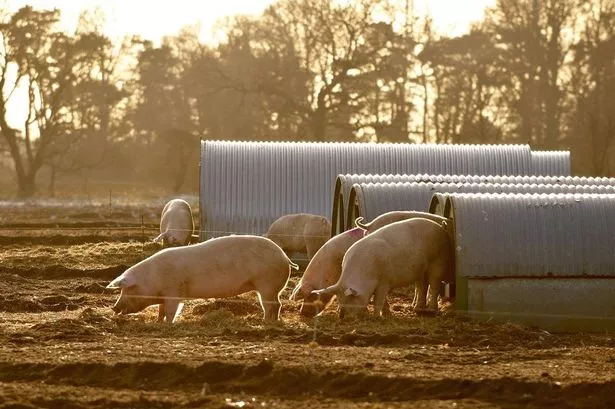
A key supplier to Nissan has signed a deal with the Government to bring a £48.7m factory to the North East, which could employ up to 183 people.
Jatco, which stands for Japan Automatic Transmission Transmission company and was formed by Nissan in 1970, is refitting and expanding a 138,840 sqft building at the International Advanced Manufacturing Park which was originally built for an automotive supplier but subsequently became the Nightingale Hospital during Covid and has been vacant since. The facility is a stone's throw from Nissan's Sunderland plant and will provide electric drivetrains for three all-electric models built at the plant: the Leaf, Juke and Qashqai.
Jatco has secured more than £12m of grant funding from the Government's Automotive Transformation Fund (ATF) towards the venture, which the Business and Trade Secretary Jonathan Reynolds has claimed is a mark of confidence in the country's economy. It follows a period of global uncertainty for Nissan which has recently entered merger negotiations with Honda in the face of falling sales and financial challenges.
Mr Reynolds said: "Sunderland is the beating heart of the UK’s automotive industry. Today’s announcement is a massive vote of confidence in the UK economy and this Government’s plans to make Britain the destination of choice for investment.
"Not only will this boost our thriving auto industry, but it will help secure hundreds of jobs across the North East. The Government is working hand in hand with investors to build a globally competitive electric vehicle supply chain in the UK and our modern Industrial Strategy will build on this legacy, bringing growth, jobs and opportunities to every part of the UK."
The new plant will be operated by new division Jatco UK and is due to be operational in 2026. From there, it hopes to ramp up production to 340,000 electric powertrains per year. The technology modularises and integrates the motor, inverter and reducer, and is said to make the drivetrains smaller and lighter.
Tomoyoshi Sato, the firm's CEO, said: “I am so proud to officially open Jatco UK in the North East of England. We have enjoyed a long and fruitful partnership with Nissan and we are delighted to bring the manufacture of our 3-in-1 powertrain to the UK. This will be our fourth country for an overseas production plant, with other locations in Mexico, China, and Thailand. I am very grateful for the support of the UK Government, Sunderland City Council, and all others involved in the establishment of Jatco UK, and look forward to supporting Nissan’s EV36Zero project with these electric powertrains.”
Jatco's investment in the North East is said to build on Nissan's multibillion-pound EV36Zero project which combines renewable energy with the production of the three all-electric models, and includes a third neighbouring gigafactory to make more batteries for the plant.
Alan Johnson, senior vice president, manufacturing, supply chain and purchasing for Nissan AMIEO, said: "This is a fantastic step forward for our world-first EV36Zero plan. Welcoming a key supplier to the North East of England provides a big boost to the efficiency of our supply chain. We look forward to continuing our long and successful partnership as we push towards our electric future."
Construction firm GMI has been appointed to carry out the extension and upgrading of Unit 6, which Jatco will occupy, having delivered the original facility in 2019.
